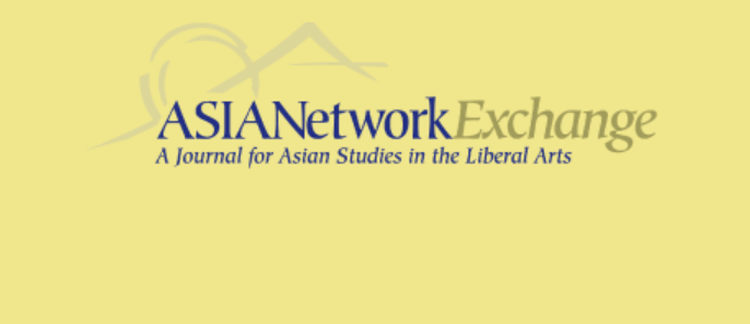Abstract
Representative of the Eurocentric perspective in world history texts and scholarship is David Landes' The Wealth and Poverty of Nations. He argues that European culture was key to its achievement of wealth and power, and that China was doomed to fail by its "cultural triumphalism" and "petty downward tyranny." By adopting a globalist and comparative framework and disputing European exceptionalism, Andre Gunder Frank's ReORIENT: Global Economy in the Asian Age, R. Bin Wong's China Transformed, and Kenneth Pomeranz's The Great Divergence contribute to world history scholarship and teaching. These works collectively make the forceful case for Europe's rise as contingent on external and accidental factors such as the fortuitous abundance of readily accessible coal in Britain and the windfall profits from the Atlantic slave trade and the American colonies. They propose an inclusive vision of history that emphasizes multiple paths and possibilities rather than a single and inevitable path of the rise of industrialism in the West.
Keywords
World history, Chinese history, Asian history, history curriculum, history pedagogy
How to Cite
894
Views
634
Downloads
